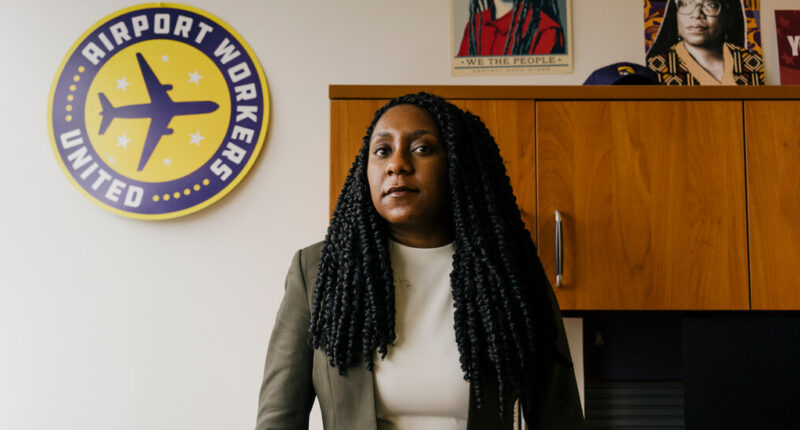
For the past several years, Ms. Jones has been developing one central philosophy: Because Black women have historically been concentrated in low-paid caregiving jobs, which are often excluded from labor laws and benefits like Social Security, they have accumulated less wealth and experienced worse health outcomes. Furthermore, Ms. Jones argues, helping Black women — through measures like raising wages in care professions and canceling more student debt — is the best way to construct an economy that functions better for everyone.
The State of Jobs in the United States
In 2020, she gave her narrative a name, “Black Women Best.” She came up with it while working for a progressive nonprofit called Groundwork Collaborative, which conducted focus groups across the country to find a narrative about how the economy should work for working people.
“They were like, ‘I would like to not be tired,’” Ms. Jones recalled of the participants. “‘I want to buy school supplies.’ ‘I want to know that if my car breaks down, because I think it might, I won’t lose my apartment.’” Solving those basic problems for people with the least resources, she thought, would buoy the labor market from the bottom up.
Her premise, which she articulated in a working paper for the Roosevelt Institute, a left-leaning think tank, found an eager audience under President Biden, who owed his victory in large part to Black women. It was embraced by influential figures, including corporate economists and a Federal Reserve president, and formed the basis of a 133-page report commissioned by the Congressional Caucus on Black Women and Girls.
It hasn’t escaped pushback: Some scholars, including Tommy J. Curry at the University of Edinburgh, counter that Black men are more disadvantaged than Black women. Dr. Curry, a professor specializing in Africana philosophy and Black male studies at the university, said that, while he understands the “political popularity” of Ms. Jones’s theory, the evidence did not back it up. Black women, he said, “have seen higher levels of labor participation, entrepreneurial endeavors supported by government grants, and higher rates of college degree attainment since the 2000s, while Black men have been shown to have greater unemployment, less earnings per dollar — at 51 cents by some measures — and an overall downward mobility.”
Source: | This article originally belongs to Nytimes.com








